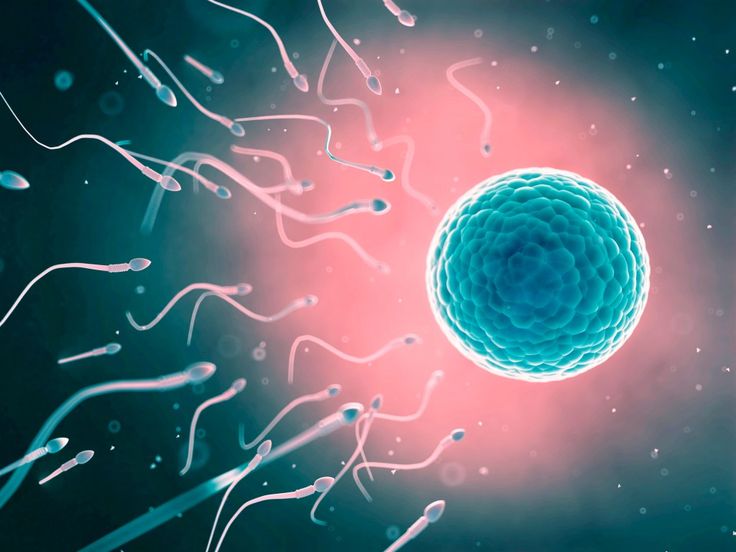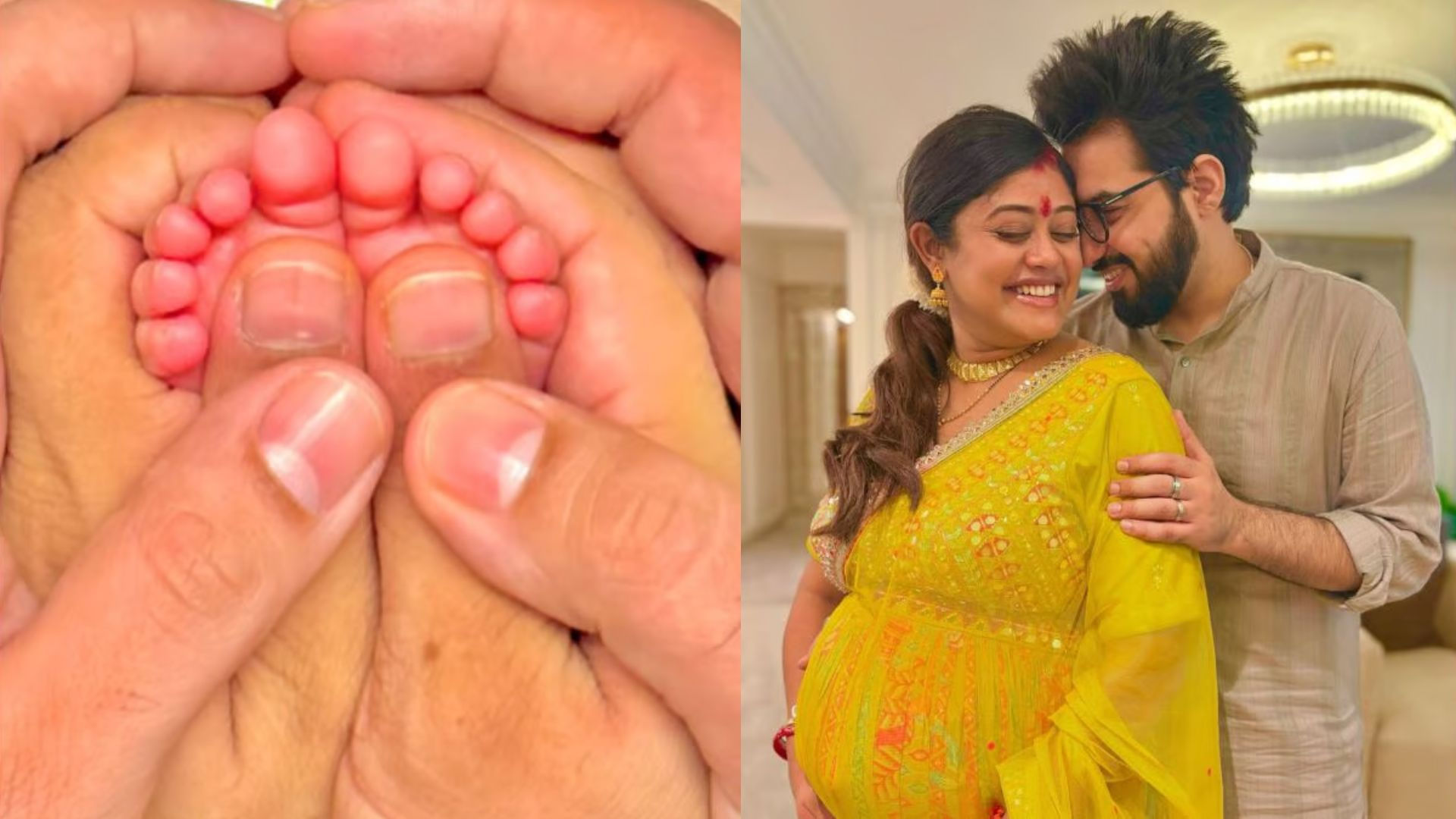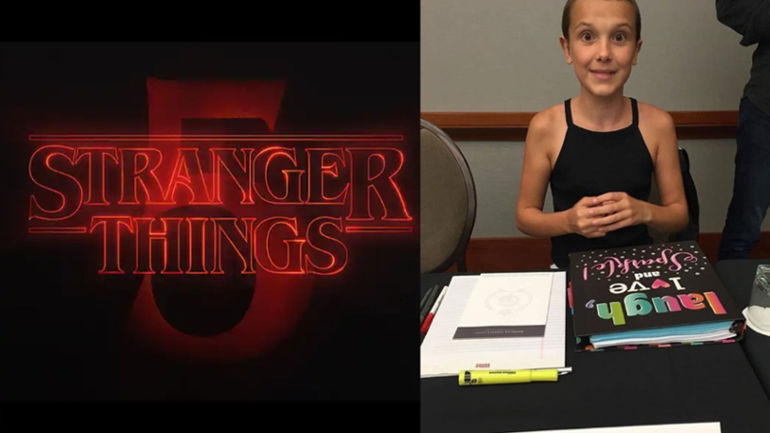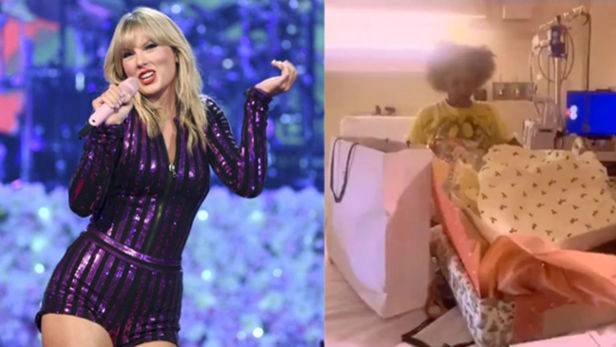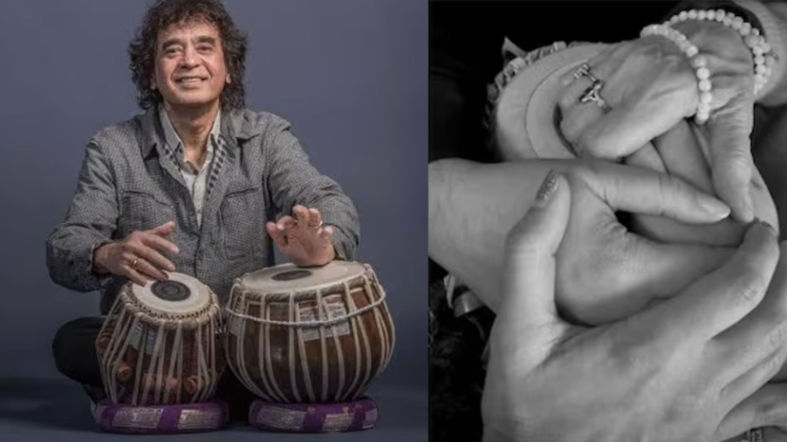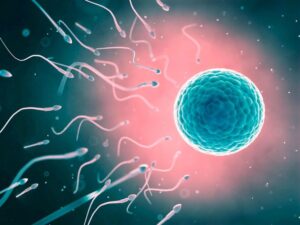In a significant ruling, the Delhi High Court has ordered Sir Ganga Ram Hospital to release the frozen sperm of a dead man to his parents for the purpose of reproduction. This decision underscores that there are no legal restrictions on posthumous reproduction under Indian law.
Court Ruling and Justification
Justice Prathiba M. Singh made this ruling while addressing a petition filed by the father of the deceased man, who sought the release of the preserved sperm. The court stated, “As there is no prohibition on posthumous reproduction in Indian law, the sperm can be used for reproduction.”
Justice Singh acknowledged that it is common for grandparents to raise their grandchildren, indicating a compassionate view towards the family’s desire to have a child in this situation. However, she also specified that the sperm must not be used for commercial purposes.
Background of the Case
The legal proceedings began when the parents of the deceased man sought the release of his frozen sperm, which was stored at the in vitro fertilization (IVF) lab at Sir Ganga Ram Hospital. Their son had passed away from cancer in September 2020. Initially, the hospital declined to release the sperm, citing a lack of government instructions and stating they could only do so if directed by the court.
In November 2022, the High Court issued a notice to the Ministry of Health and Family Welfare to respond to the petition requesting the release of the sperm. The hospital later reported that there were no specific Assisted Reproductive Technology (ART) laws governing the release of frozen sperm samples to families.
Legal Context
The court had previously issued notices to the Delhi government and Sir Ganga Ram Hospital, highlighting the absence of clear guidelines regarding posthumous reproduction in existing ICMR regulations and the Surrogacy Act. While issuing a notice to the Central government, the High Court noted the importance of the government’s stance on the matter, as the ruling could significantly influence the future of the ART (Regulations) Act in India.

